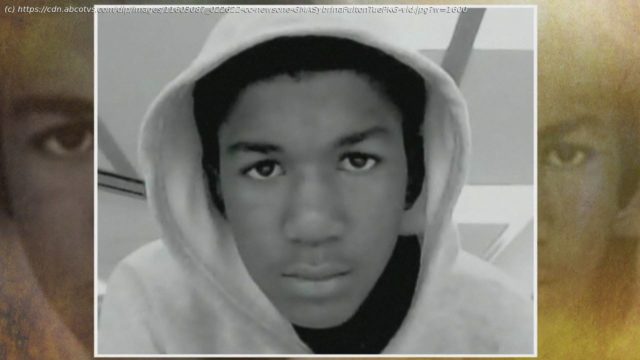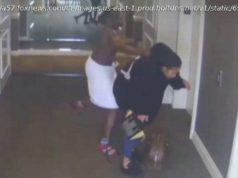The killing of Trayvon Martin at the hands of a stranger still reverberates 10 years later.
NEW YORK — Trayvon Martin’s final night began with a convenience store run, a quick trip for candy and something to drink. It ended in a confrontation with a neighborhood watch volunteer, a shot fired, the 17-year-old dead on the street. It might have been expected to end there — the violent deaths of Black teenagers have rarely drawn even fleeting attention. But the killing of this baby-faced, hoodie-wearing, unarmed youth at the hands of a stranger still reverberates 10 years later — in protest, in partisanship, in racial reckoning and reactionary response, in social justice and social media.“It was the thing that broke everybody, all at the same time,“ said Nailah Summers-Polite, co-director of Dream Defenders, an organization founded in Florida during the protests following Martin’s death.“We’re the Trayvon Martin generation, we are the people who were moved into action because of it.“It happened on Feb.26,2012. Martin was visiting his father in a gated community in Sanford, Florida, a suburb of Orlando. Walking on the way back from the store, he was eyed by George Zimmerman, then 28, a member of the community’s neighborhood watch. The initial police report said Zimmerman called authorities to report a suspicious person, a guy who, he said, „looks like he’s up to no good.“ When Zimmerman said he was following the man, a dispatcher said, „We don’t need you to do that.“ But armed with a gun, Zimmerman got out of his car. In the confrontation that followed, Zimmerman would tell authorities, Martin attacked him, forcing him to use his gun to save himself. Zimmerman was allowed to go free. From the start, Martin’s parents, Sybrina Fulton and Tracy Martin, were outraged. They questioned Zimmerman’s account. Had their son had been profiled as „suspicious“ merely because he was Black? Zimmerman’s family was adamant that their son and brother, who identified as Hispanic, was not racist. As media attention picked up in early March, others joined in, first locally and then far beyond. For many Black people, the idea that Trayvon had been profiled because of his race hit a nerve, echoing their own experiences in all walks of life. In his death they saw their own vulnerabilities.“It felt like, Oh, wow, I can’t walk down the street, even in the realm of my everyday life, normal happenings, that could have easily been me,'“ said Jonel Edwards, another co-director of Dream Defenders. It was especially jarring in 2012, when the occupant of the White House was Barack Obama, the country’s first Black president.






